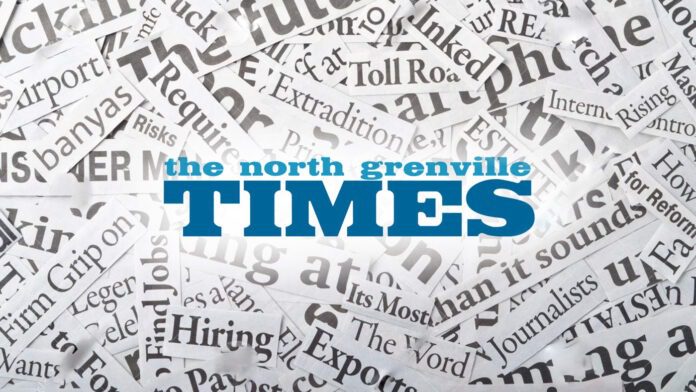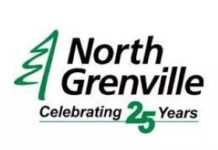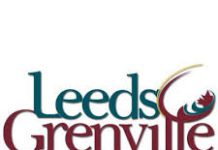by Deron Johnston
This past Monday night’s Committee of the Whole meeting had something on the agenda that I’ll bet that not many people were aware of.
That something was a resolution on whether or not Council wanted to change the way residents vote in the 2018 municipal election.
There was a previous report from Corporate Services on this subject, and Deputy Clerk, Katie Valentin, spoke briefly about it. Specifically, the question was whether or not to use a ranked ballot. With all of the recent national media attention, and subsequent negative backlash towards the federal government, for backing down on its promise to eliminate our current ‘First Past The Post’ voting system (part of the justification was a lack of public support at country-wide town hall meetings), you would’ve thought that this would be an important conversation to have with North Grenville residents, as this is fundamental to our local democracy.
What is a ranked ballot? Ranked ballots are used in voting systems (such as our current ‘First Past The Post’ system) in which voters are able to rank candidates based on their preference. For example, a resident would choose someone as their first choice, second choice, third choice etc. instead of just voting for one candidate.
Why ranked ballots? “Ranked ballots have the potential to give voters a greater say in who is elected and increase voter engagement”. Ranked ballots may also reduce strategic voting, which may occur when a voter decides not to pick their first choice candidate in an election because they think their first choice candidate may not win the election.
They can also reduce negative campaigning – since voters can rank multiple candidates, there is an incentive for candidates to appeal to voters, not just as a first preference vote, but also to gain a high ranking from supporters of other candidates.
Why was this being considered by council? This was not a mandatory initiative handed down by the provincial government. The provincial government wanted “to allow for more choice in how municipal elections are run. Ranked ballots are an additional tool that would give municipalities more flexibility to meet the needs of their local communities”, according to Ontario.
There was some discussion among staff and Council about it, but the overwhelming message was: “it’s too confusing”, with both staff and Council acknowledging that they didn’t really understand ranked ballots. The confusing part of the issue is not the method of voting itself, but rather the interpretation of what happens after votes are cast, and how to determine who wins. There was a belief that there may not be enough time to inform people properly about ranked ballots before the election in 2018.
I stood up and requested that Council not proceed to the vote on the resolution, but rather agree to a motion to delay the vote until after they’ve conducted a public meeting on the subject, in order to give residents an opportunity to learn about ranked ballots and decide whether they like it or not. Despite the fact that the subject of ranked ballots is confusing to staff and council, it doesn’t mean that some residents won’t understand it. Why reject something that you don’t understand? Why not figure it out first, before rejecting it? Why assume that, because you don’t understand something, that others won’t too? Despite the additional concerns raised by a resident who also stood up to support the delay request, the request was denied and the vote took place, with Council unanimously voting not to adopt ranked ballots for the 2018 election.
Choosing not to adopt ranked ballots for the 2018 municipal election was probably the best choice. Frankly, it might take a significant amount of time to educate all residents on how it works. The concern is that Council voted on this without any consultation with the residents of North Grenville. We regularly have municipal public meetings on a variety of topics that have little or no interest to the majority of residents. These meetings are most often mandatory through the Municipal Act, or the Planning Act. But why, on this most fundamental of subjects (and rights), were residents not consulted? Was the public not consulted because Council wasn’t forced to? Did Council not think that this subject might be important to residents?
This is not the first time that this Council either ignored the wishes of residents, or didn’t even bother to consult them on something important. Our democracy should be respected, protected and supported constantly, not just once every four years.









